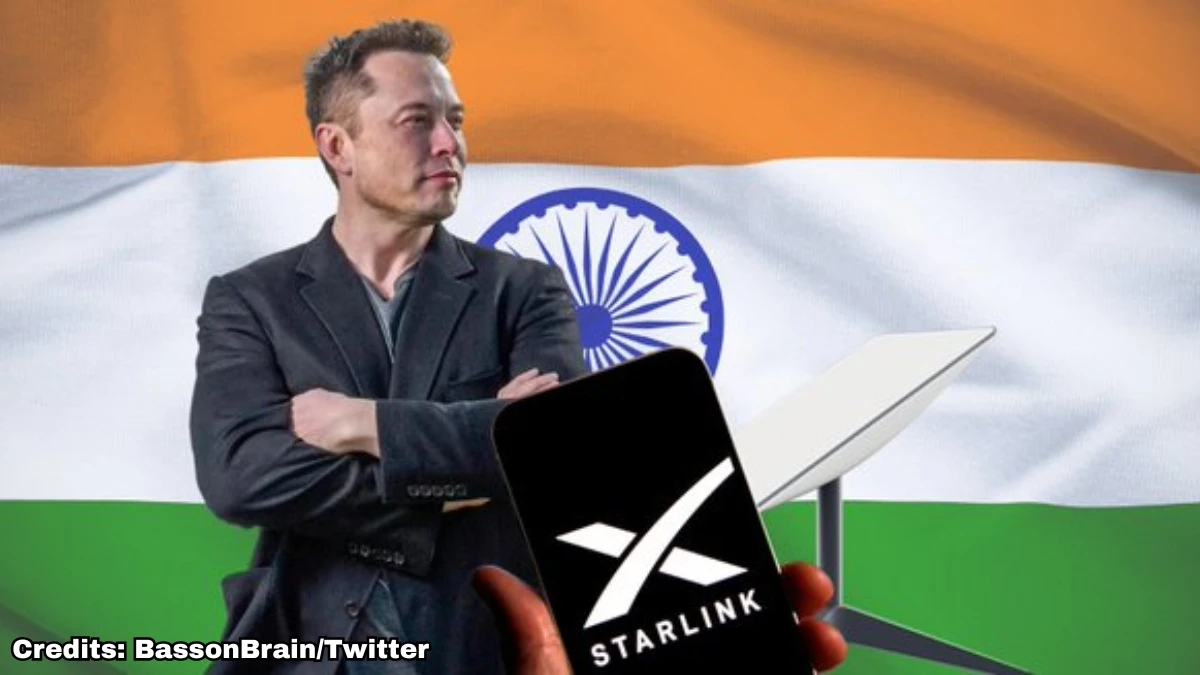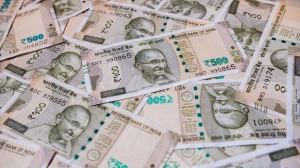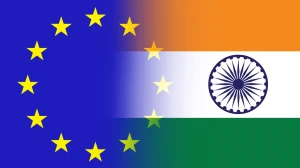New Delhi, Oct 29 (PTI) Elon Musk's Starlink is scheduled to conduct demo-runs on October 30 and 31 in Mumbai to show compliance with security and technical conditions for satellite broadband services, according to sources.
The demo, to be done before designated law enforcement agencies, will be based on the provisional spectrum assigned to Starlink, sources told PTI.
The move would mark a significant step ahead of its planned entry into the Indian satellite broadband market, as these demos are an essential requirement for Starlink to secure clearances before it can launch commercial services.
The demo also comes amid growing public anticipation and build-up over satcom rollout in India with prominent companies including billionaire Elon Musk-owned Starlink, Bharti-backed Eutelsat OneWeb, and Reliance Jio-SES, keenly eyeing the high-stakes game of `broadband-beamed-from-the-skies'.
Sources said Starlink will run a demo to show compliance with the security norms (Lawful Interception System and Lawful Interception Monitoring) and technical conditions of the GMPCS authorisation. This will be conducted in Mumbai (its gateway location) on October 30 and 31, sources added.
Starlink could not be reached for comments.
Sources said Starlink is eyeing capacity of 600 gigabit per second, and added that based on this capacity (gen 1 constellation) and back-of-the-envelope calculation, the number of connections in future could be about 1 lakh or thereabouts.
Sources said that telecom department is so far informed about Starlink's three gateways, in Mumbai, Noida and Chennai.
Earlier this month, Starlink's India market access director Parnil Urdhwareshe had said that Starlink is "excited" and fully focused on being ready to offer Indians a secure, compliant, and high-quality broadband experience.
Urdhwareshe had praised extensive government efforts, citing coordination across Ministry of Communications, TRAI, DOS, InSpace, and DPIIT.
"We're just focused on being ready to provide Indians who want that option with a compliant, secure and great experience. And we're really excited with all of the fantastic work that the government is doing, and you see this in concert across the Ministry of Communications, the TRAI, the DoS (Department of Space), InSpace, the DPIIT, everybody's been doing a whole lot of work to make sure that option is made available to people who want it," Urdhwareshe had said on the sidelines of India Mobile Congress (IMC) 2025 earlier this month.
During a panel discussion, Urdhwareshe had said that the goal and mission of Starlink has always been to bring high-speed, low latency broadband, including in places where it has just been very difficult.
"A very large percentage of Starlink users are residential users who live in rural areas, and a very large number of those users are people to whom Starlink was the first option they had for truly great broadband. So, serving those rural users is fundamental to the mission of Starlink," he had said.
Speaking at IMC, Communications Minister Jyotiraditya Scindia noted that satellite communications is expanding horizons, taking connectivity from land to sea to space.
"Satcom market today across telecom and broadcasting, which is at close to USD 4 billion, will triple to almost USD 15 billion by 2033," Scindia had said.
Last month, the telecom department's highest decision-making body decided to seek clarification from TRAI on certain aspects of satellite spectrum recommendations, including fee mooted for urban customers and the annual minimum spectrum charges suggested by the regulator.
This report includes content sourced from Press Trust of India (PTI), edited for clarity and context.






